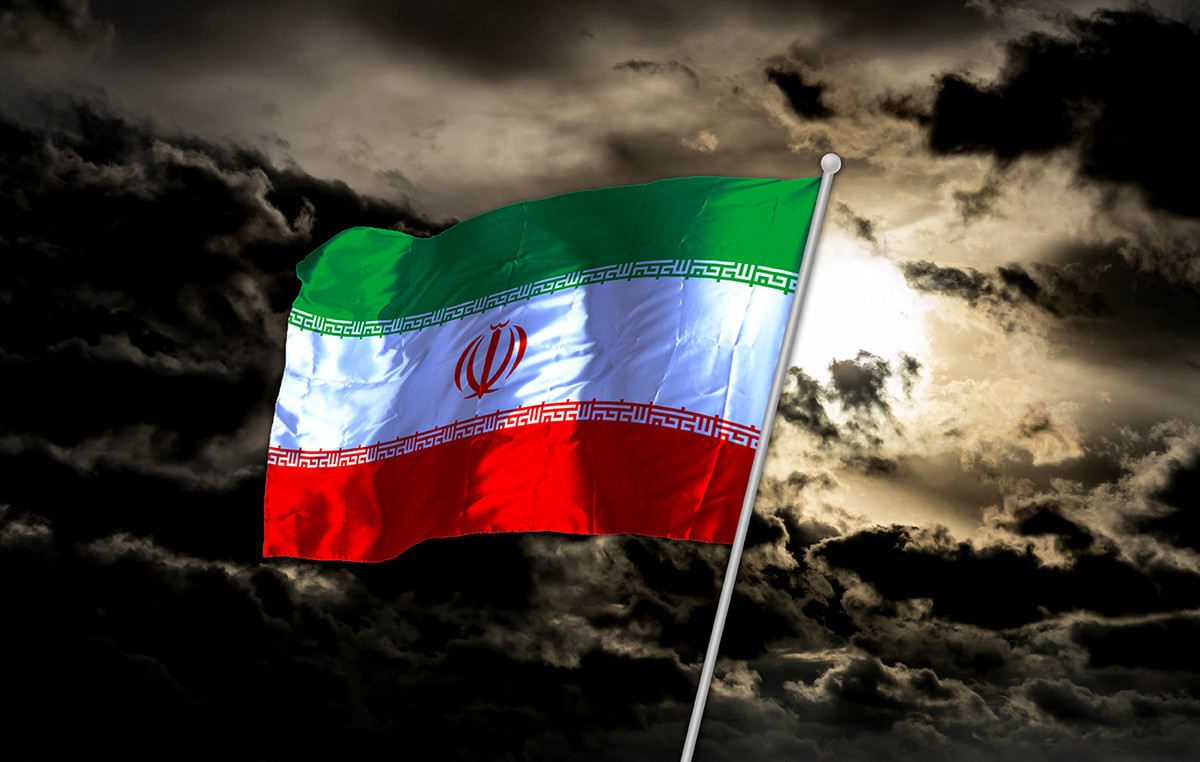The death of Hezbollah leader Hassan Nasrallah, confirmed by the group itself, could significantly change the geopolitical scenario in the Middle East. The professor of International Relations at Universidade Federal Fluminense and Harvard researcher, Vitélio Brustolin, analyzed the possible consequences of this event for the conflict between Israel and the Lebanese group.
According to Brustolin, the next in Hezbollah’s line of succession is Hashem Safiedine, Nasrallah’s cousin and trained in Iran. At around 60 years old, Safiedine was responsible for the group’s finances and had been considered to succeed Nasrallah since the 1990s.
Connections with Iran and strategy of terrorist groups
The expert highlighted that Safiedine would also be a cousin, by marriage, of the Iranian general Soleimani, killed by the United States a few years ago. Soleimani was responsible for developing the strategy to foment terrorist groups in the Middle East, as part of Iran’s foreign policy.
Brustolin explained that Iran funds several groups, including Hezbollah, Hamas, Islamic Jihad in Palestine and the Yemeni Houthis, as instruments to attack Israel indirectly. This strategy gains even more relevance given the possibility of Iran developing its first nuclear weapon.
Impact on international relations
The professor also addressed the role of the United States in the conflict, remembering that the country is the largest supplier of financial and military resources to Israel. He mentioned the recent package of almost 9 billion dollars announced during Netanyahu’s visit to the US.
Brustolin highlighted that the attack on Hezbollah is seen by the United States as an attack on a common enemy, as the group is considered an arm of Iran. This perception could influence American foreign policy and US elections.
Political scenario in Israel
Finally, the expert analyzed how Nasrallah’s death could affect the image of Israeli Prime Minister Benjamin Netanyahu. Despite internal criticism over his handling of the Hamas hostage crisis, the attack on Hezbollah could boost his popularity in Israel, especially considering that thousands of Israelis are refugees due to the group’s attacks on the country’s northern border.
This content was originally published in International relations professor explains conflict between Israel and Hezbollah on the CNN Brasil website.
Source: CNN Brasil
Bruce Belcher is a seasoned author with over 5 years of experience in world news. He writes for online news websites and provides in-depth analysis on the world stock market. Bruce is known for his insightful perspectives and commitment to keeping the public informed.







